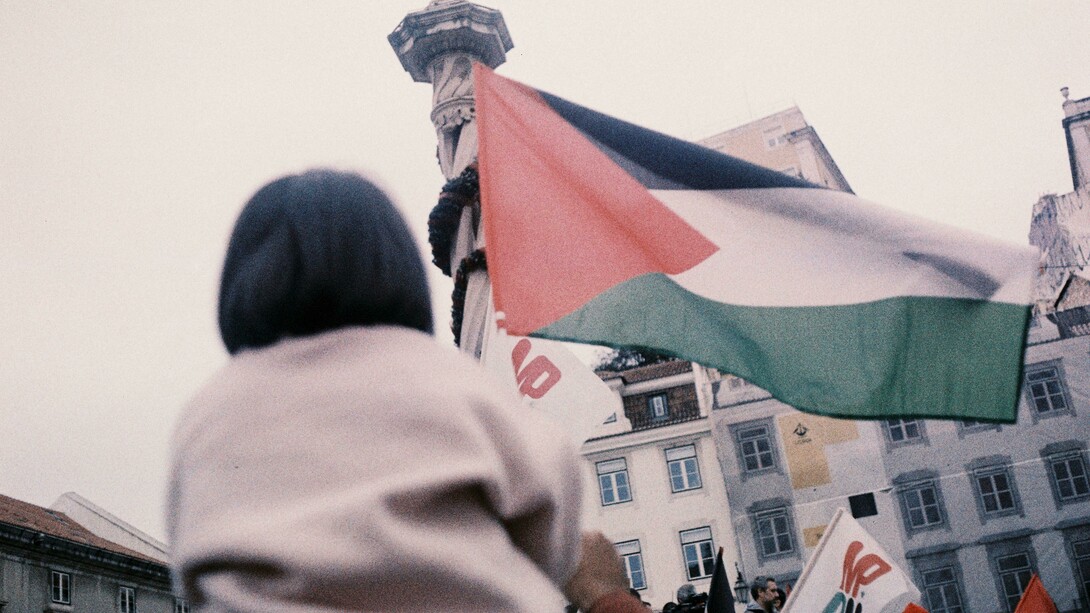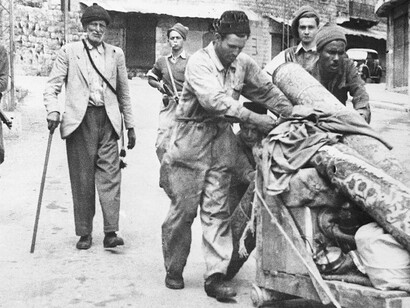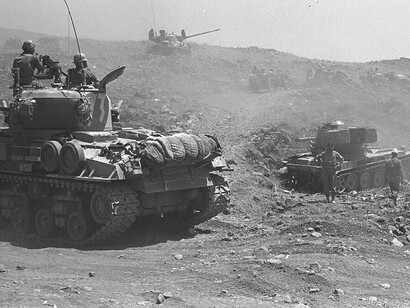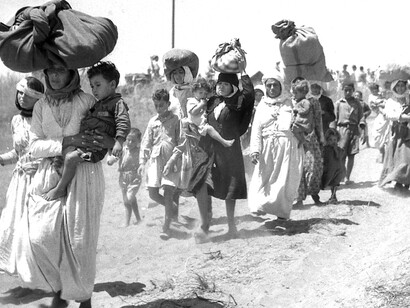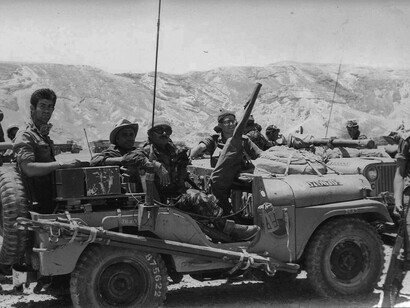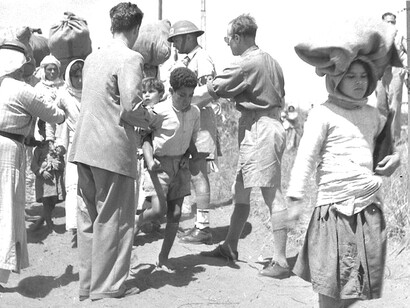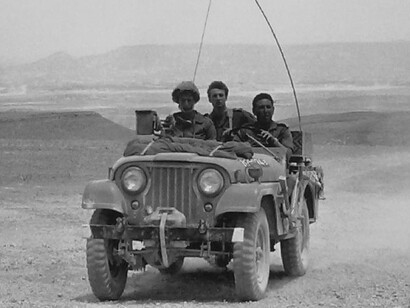For more than seven decades, the question of Palestine has remained one of the most enduring and complex issues in modern history. The Palestinian people’s call for freedom, equality, and statehood continues to echo through international forums, political debates, and grassroots movements worldwide. Their struggle is not only about borders or territory; it is also about human dignity, national identity, and the universal right to self-determination.
Historical background
The roots of the Palestinian struggle trace back to the early 20th century, as the Ottoman Empire fell and British colonial rule began under the 1917 Balfour Declaration, which supported the establishment of a “national home for the Jewish people” in Palestine. This declaration, issued without consulting the Arab majority living there, planted the seeds of conflict that would unfold over the decades.
When the State of Israel was established in 1948, more than 700,000 Palestinians were displaced or expelled from their homes — an event Palestinians remember as the Nakba, or “catastrophe.” Refugees fled to neighboring countries such as Lebanon, Jordan, and Syria, as well as the West Bank and Gaza Strip. Since then, the Palestinian people have lived in fragmented territories under varying degrees of occupation, administration, and control, while many still remain stateless.
The question of statehood
In 1967, Israel occupied the West Bank, Gaza Strip, and East Jerusalem during the Six-Day War, bringing the entire historic land of Palestine under Israeli control. United Nations Security Council Resolution 242 called for Israel’s withdrawal from territories occupied in the war and recognized the right of every state in the region to live in peace within secure borders. However, decades later, a viable, independent Palestinian state has yet to emerge.
The Palestinian Liberation Organization (PLO), recognized by the United Nations as the representative of the Palestinian people, declared the State of Palestine in 1988. Despite this symbolic act and limited recognition by over 130 countries, Palestinians still lack sovereignty. The Oslo Accords of the 1990s raised hopes for a two-state solution, but continued settlement expansion, political division, and recurring violence have obstructed progress.
Life under occupation
For Palestinians in the West Bank and Gaza, daily life is deeply affected by the realities of military occupation and blockade. In the West Bank, restrictions on movement — through checkpoints, roadblocks, and the separation barrier — limit access to jobs, education, and healthcare. Israeli settlements, considered illegal under international law, continue to expand, fragmenting Palestinian land and resources.
In Gaza, more than two million people live under a blockade that has been in place since 2007. The area faces chronic shortages of electricity, clean water, and medical supplies, and unemployment rates remain among the highest in the world. Periodic escalations of violence have caused immense civilian suffering and widespread destruction of infrastructure.
Despite these challenges, Palestinian communities continue to show resilience. Grassroots organizations, youth groups, and cultural movements strive to preserve their identity and advocate for non-violent resistance, education, and development.
International law and human rights
The Palestinian issue lies at the intersection of international law and moral responsibility. The right of peoples to self-determination is enshrined in the United Nations Charter and various international conventions. Numerous UN resolutions have affirmed Palestinians’ rights, including the right to return for refugees and the illegality of settlement activities in the occupied territories.
Human rights organizations, both local and international, have documented violations affecting civilians on both sides of the conflict. Calls for accountability, dialogue, and adherence to international humanitarian law are essential to ending cycles of violence and ensuring justice for all.
The role of the global community
The struggle for Palestinian freedom has inspired solidarity movements across the world. Civil society organizations, student groups, and human rights advocates call for political and economic measures aimed at supporting Palestinian rights and pressuring parties to resume meaningful peace negotiations.
At the same time, many argue that sustainable peace will require mutual recognition, security guarantees, and respect for the rights of both Israelis and Palestinians. True freedom for Palestine, they contend, will emerge not from isolation or hostility, but from a just political solution rooted in equality and coexistence.
Hope and the path forward
Despite the pain of displacement and decades of stalemate, hope continues to shape the Palestinian narrative. Artists, writers, and educators across the region use their voices to envision a future of liberation and peace. The younger generation, more connected than ever through digital platforms, continues to express aspirations for democracy, human rights, and economic opportunity.
The freedom of Palestine ultimately symbolizes a universal struggle — the human yearning for justice and the belief that dignity cannot be permanently denied. Whether through diplomacy, advocacy, or cultural expression, Palestinians continue to assert their identity and their right to live freely on their land.
For the international community, the moral and political challenge remains the same: to move beyond words and towards concrete action that upholds international law and creates the conditions for peace. Only through genuine commitment, empathy, and fairness can the dream of Palestinian freedom — and a just peace for all peoples of the region — finally be realized.
